Filter by
News (274)
RSS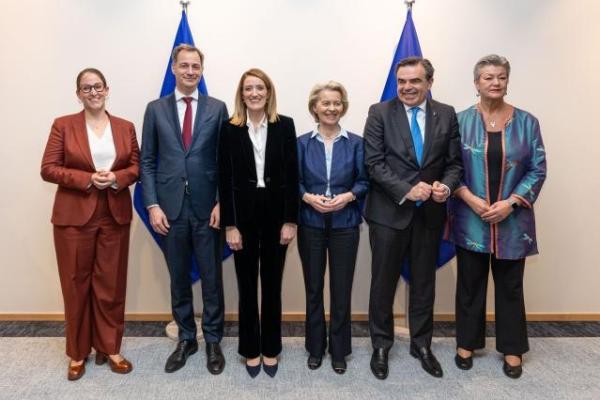
Read Commissioner Johansson’s plenary speech on the Pact on Migration and Asylum, held in the European Parliament before the historic vote that led to its adoption. "It's time to fix our broken migration policy," she says, and explains how the Pact will do so, after 8 years of legislative work.
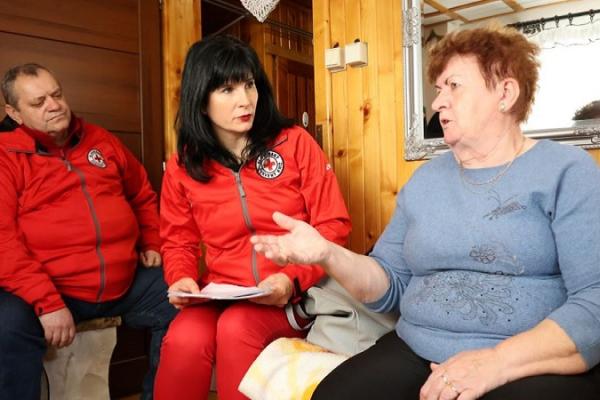
On 24 April, Commission staff along with representatives of several EU Member States met to assess the impact of the Safe Homes project at the 40th Solidarity Platform meeting, and at the event organised by the Red Cross: “Safe Homes: From Emergency to Preparedness for Future Welcoming Initatives”.
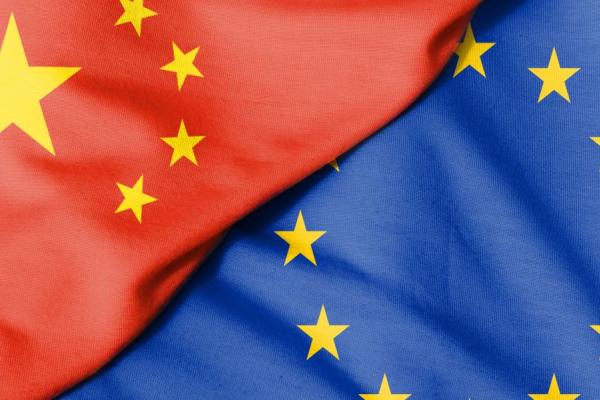
On 23 April, the EU and China held the third dialogue on drugs in Brussels.

As migration and asylum policy is at the centre of the public debate, Eurostat’s new interactive publication on the subject allows citizens to check the facts and stay informed. Check out the latest data. Explore, visualise and compare indicators on migration and asylum at EU and country level.

Almost 5,000 unaccompanied minors were rescued from the streets thanks to this pioneering EU-backed programme. NERM has received much praise for its contribution and was awarded the second place at the 2023 European Crime Prevention Award. Find out how it helps keep migrant children in Greece safe.
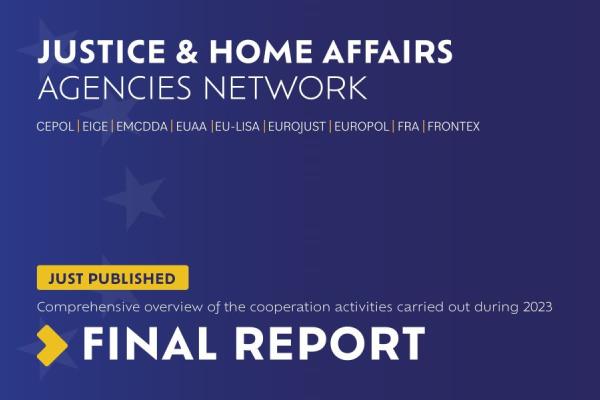
The Final Report on the Justice and Home Affairs agencies’ network was recently released, providing a detailed overview of the network’s activities, priorities and main achievements for 2023.
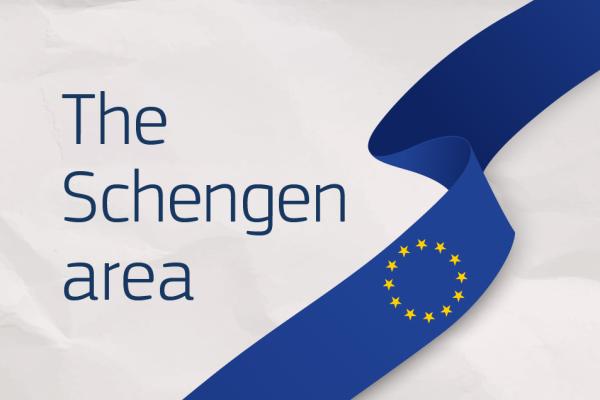
On 16 April the Commission published the State of Schengen and set the priorities for the year ahead. The Schengen area has evolved into the world's largest free travel area.
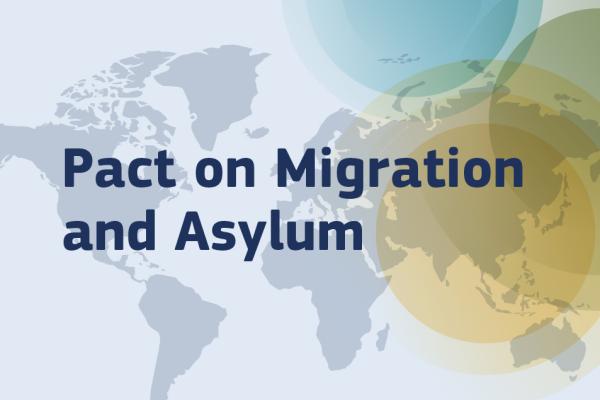
The European Commission welcomes the result of today’s vote in the Parliament, which will make the Pact on Migration and Asylum a reality. It is a milestone in migration and asylum policy, delivering a fairer, more efficient and sustainable framework to manage migration in the EU.

In its latest podcast, “Targeting Dark Finances”, Europol sheds light on the intricate world of financial and economic crime.

According to Europol and the EMCDDA, drug-related violence and criminal adaptability are on the rise, posing important challenges for law enforcement. One pioneering EU-funded project takes on drug smugglers with new technologies enabling police and customs to detect illicit drugs with 99% accuracy.
